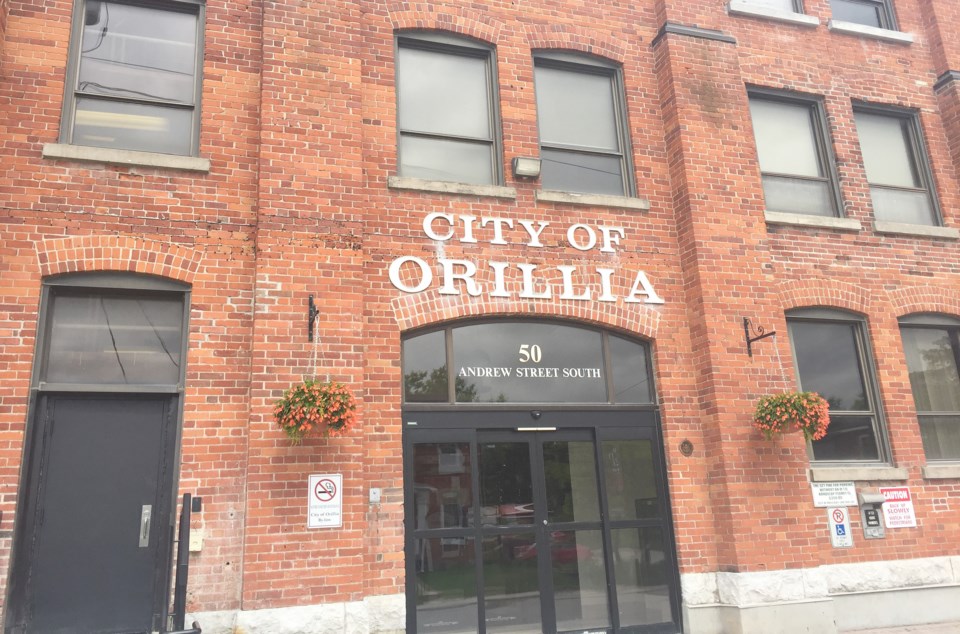OrilliaMatters welcomes letters to the editor at [email protected]. Please include your daytime phone number and address (for verification of authorship, not publication). The following letter is in response to an article regarding the passing of the city’s budget, published Feb. 27.
The new mayor and council have finished their first budget. There is something I couldn’t help notice. Having done budgets both for businesses as well as a low-income family, there are some stark contrasts and perhaps by laying them out, some lessons can be learned, not just for mayor and council, but for all of us dealing with money and making tough decisions.
A business balances its budget in a logical way. Tough decisions often need to be made and those decisions come from formulas that have been proven to work in the past and yield relatively predictable results. How many times have I said to myself, “Stick with the numbers. Numbers don’t lie.”
A low-income family budgets rationally. It is also logical, but has an extra dimension of living experience. Where a business may cut down on expense accounts, quality of materials, and labour cost to increase profit, a low-income family’s shareholders do not seek profit and instead structure cuts and spending in a hierarchy of needs based on the most vulnerable members, who have priority.
To ‘cut the fat’ to a family on an extreme budget does not mean cutting healthy food, a school trip, or taxi fare to a specialist for a sick kid, even though a traditional business formula would call for these to be reduced. Our kids, our elderly, our disabled are our first priority. Many of us go without so we can drop by our Grandma’s with groceries, or be able to offset what we get from the food bank with the healthy, fresh food often missing.
What gets chopped in a low-income family first is what the adults or the able have. The cars go, the new clothes go, the social things go. There is never savings. The words ‘retirement plan’ have never touched our mouths other than for a good laugh. Most of us have never been on trips, and to be honest most of us don’t eat three meals to be sure our kids do. We sleep on the couch so they have a bed.
Many of us look after our elderly, cooking and cleaning for them, checking in, going to appointments, sharing what time and things we have to keep them OK.
We look out for each other, we check on the ones who need to be checked up on, we babysit for each other, we show up at each other’s houses asking for a roll of toilet paper, we cook for each other, and we will be the very first to go without when someone has less than we do because, honestly, if you have less than we do, then we all intimately know how dangerous your life has become.
This is the framework through which any city, but especially Orillia, must create its budget. A city can’t be run like a corporation. A city is a community. The decisions, attitudes and perspectives we have are directly connected. Most times, solutions to social problems are found by changing perspective: We triage cuts based on vulnerability.
I bet you if you got a group of five low-income moms together and they did your budget, it would be fixed in an hour. And perhaps that’s why we don’t engage and include low-income people in city decision making, because you might have to sacrifice something.
Aaron Switzer
Orillia



